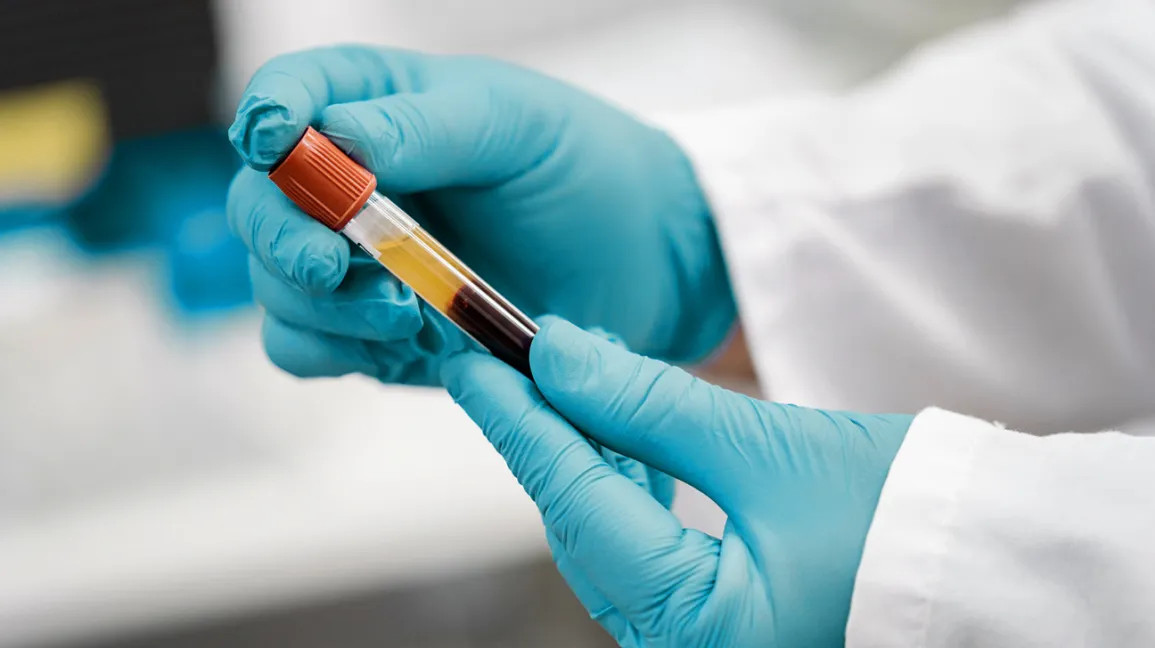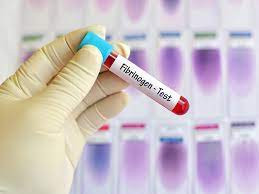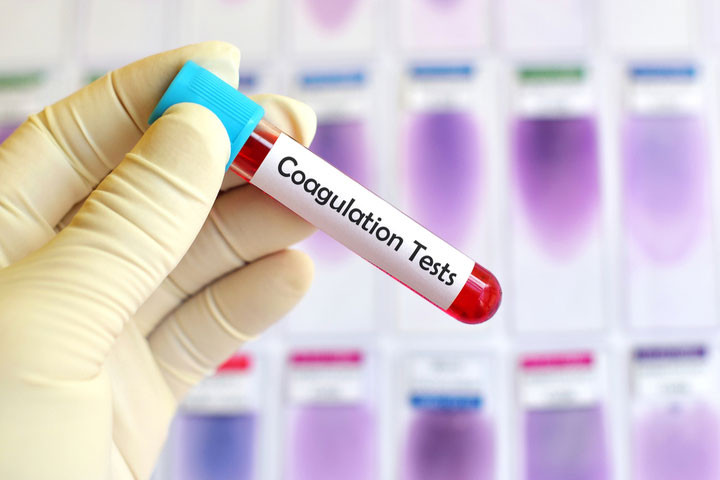Definition
A protein C test measures the level and function of protein C in your blood. Protein C works in conjunction with protein S to regulate blood clotting, helping to form a clot when bleeding occurs, while also preventing excessive clot formation.
The protein C test is often performed alongside a protein S test since both proteins work together to maintain proper clotting and prevent unwanted clot formation.
This test evaluates both the amount of protein C in the blood and whether it is functioning correctly.
Indication
Under normal circumstances, the body forms a blood clot to stop bleeding when an injury occurs. Protein C plays a significant role in this clotting process. If your body is deficient in protein C, it may result in blood clotting even without injury, which can be dangerous if the clot travels to vital organs like the lungs, potentially leading to a life-threatening situation.
Protein C tests are generally performed for the following reasons:
-
To identify the cause of unexplained blood clots
-
To check for protein C deficiency
-
To monitor protein C levels and assess whether a condition is improving or worsening
-
To evaluate a patient’s risk of developing future blood clots
-
To assess newborns with suspected blood clotting disorders
Protein C tests are generally conducted alongside other tests for excessive blood clotting. Your doctor may recommend a protein C test if you:
-
Have a history of blood clots, especially if they occurred before the age of 50 without an apparent cause.
-
Have a family member with a blood clotting disorder or a known protein C deficiency.
-
Have experienced blood clots in unusual locations, such as in the veins of the kidneys, liver, or brain.
Contraindication
There are no specific contraindications or medical conditions that prevent someone from undergoing a protein C test. Anyone can take this test. However, certain conditions can make it difficult to collect a blood sample, such as infections in the arm, blood vessel grafts, bruising, or arteriosclerosis (hardening of the arteries). If these conditions are present, the sample may be taken from a different part of the body.
Preparation Before the Test
Generally, for patients experiencing blood clotting disorders, your doctor will treat the condition until it stabilizes before performing the test. Testing too early may lead to inaccurate results. Your doctor will advise you when to schedule your protein C test.
Additionally, your doctor may ask you to stop taking blood thinners (medications that help prevent blood clots) for several days before the test. However, never stop taking any prescribed medications without consulting your doctor first.
Test Procedure
The protein C test is conducted using a blood sample taken by a healthcare professional. Blood is typically drawn from a vein in the arm using a small needle. The skin over the collection site will be cleaned using alcohol gauze to disinfect the area.
Once the needle is inserted into the vein, a small amount of blood is drawn into a tube or vial. You may feel mild pain or discomfort when the needle is inserted and removed.
After the sample is collected, the site will be cleaned again with disinfectant or alcohol swabs, and pressure will be applied to the puncture site until the bleeding stops. This procedure generally takes less than five minutes. The blood sample is then sent to the laboratory for analysis by healthcare professionals.
Normal and Abnormal Values
Normal protein C levels in the blood typically range between 70% and 150%. The results can vary depending on factors such as age, gender, medical history, and the laboratory performing the test. Therefore, it is important to discuss your results with your doctor to better understand what they mean.
Results and Recommendations (Follow-up Tests)
Higher-than-normal protein C levels are generally not associated with any health issues.
However, lower-than-normal protein C levels, or if protein C is not functioning properly, indicate an increased risk of developing blood clots. The degree of risk depends on the severity of the abnormal results.
If your doctor suspects that your protein C deficiency might be inherited, genetic testing may be recommended to confirm the condition. While having a genetic condition does not guarantee you will experience blood clots, it does increase your lifetime risk.
Protein C deficiency can also occur due to factors other than genetics, including:
-
Infections
-
Liver or kidney disorders
-
Vitamin K deficiency
-
Certain medications
Consult the Right Doctor
For those with protein C deficiency, treatment can help reduce the risk of blood clots in the future. An internist or hematologist will be able to recommend appropriate therapy based on your test results and medical history.
Looking for more information about laboratory, radiology, and other examination results? Click here!
- dr Hanifa Rahma
Protein C and protein S tests: Medlineplus medical test (2022) MedlinePlus. Available at: https://medlineplus.gov/lab-tests/protein-c-and-protein-s-tests/ (Accessed: 23 May 2023).
Protein C and protein S (2020a) Testing.com. Available at: https://www.testing.com/tests/protein-c-and-protein-s/ (Accessed: 23 May 2023).
Protein C (blood) (no date) Protein C (Blood) - Health Encyclopedia - University of Rochester Medical Center. Available at: https://www.urmc.rochester.edu/encyclopedia/content.aspx?contenttypeid=167&contentid=protein_c_blood (Accessed: 23 May 2023).












